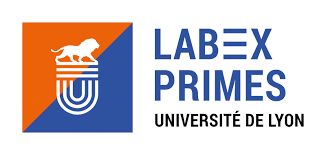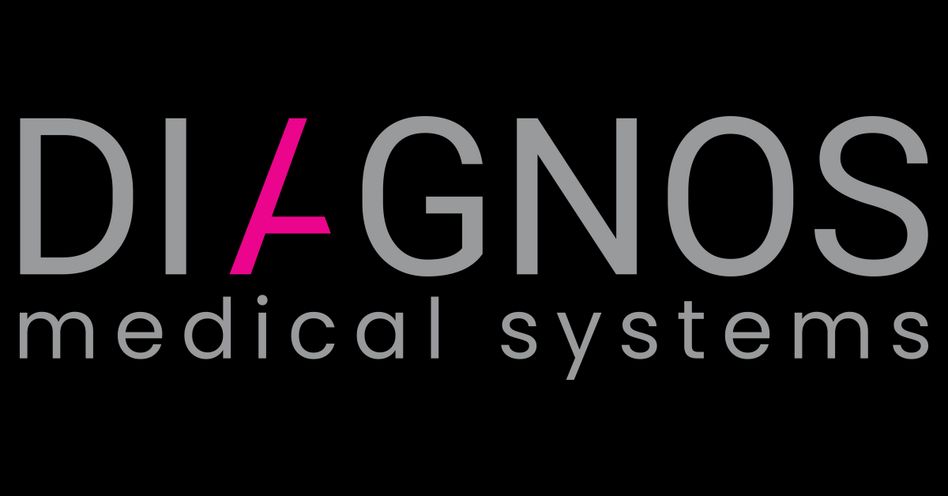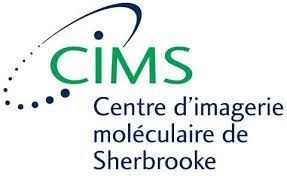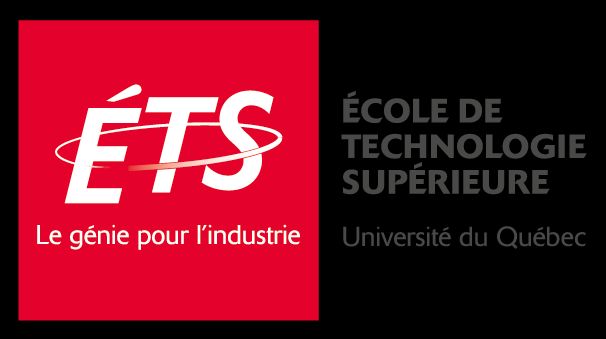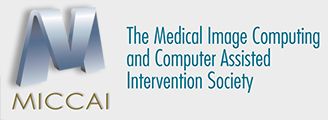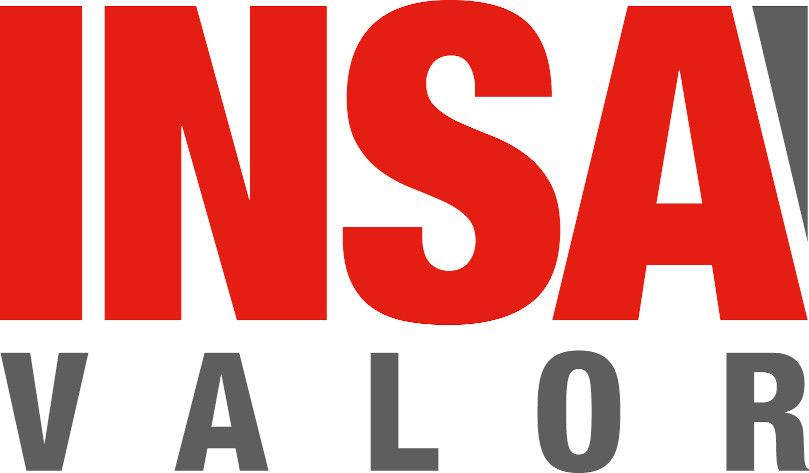
2024 Summer school on deep learning for medical imaging, 5th Edition
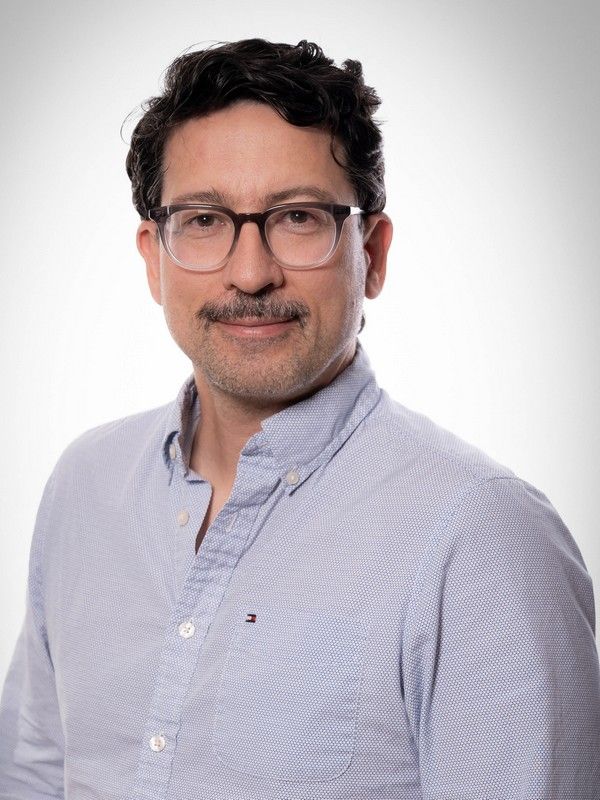
Pierre-Marc Jodoin
Université de Sherbrooke
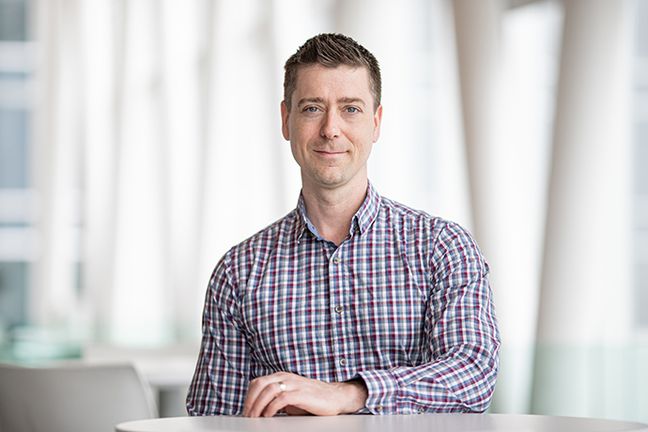
Christian Desrosiers
École de technologie supérieure
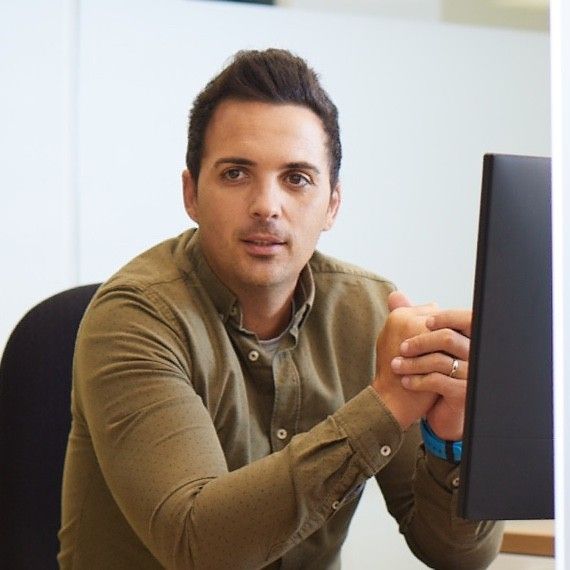
Jose Dolz
École de technologie supérieure, Canada
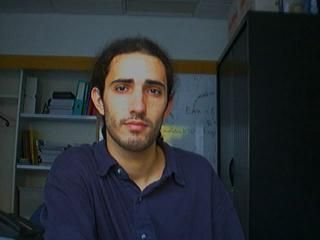
Michaël Sdika
University of Lyon, France
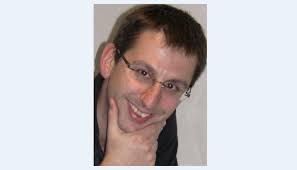
Thomas Grenier
University of Lyon, France
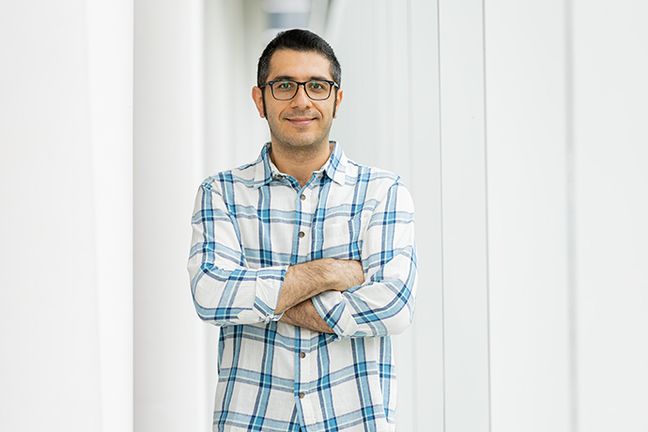
Mohammadhadi Shateri
ETS
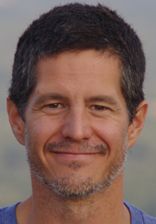
Nicolas Thome
Sorbonne University (Paris)
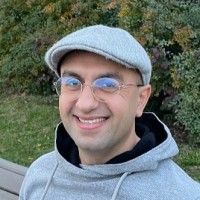
Mohammad Havaei
Google
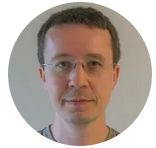
Eric Kerfoot
King's College London
Location
Ecole de technologie supérieure de Montréal
1111 Rue Notre-Dame Ouest Montréal, Québec Canada, H3C 1K3
Dates
Registration period:
January 15, 2024 - 21:00 EST - May 28, 2024 - 11:00 EDT
Contact us
If you have any questions, please contact pierre-marc.jodoin@usherbrooke.ca
